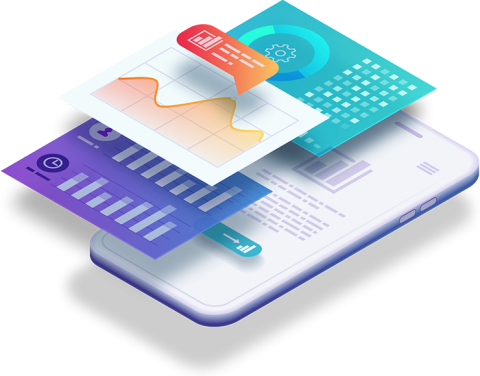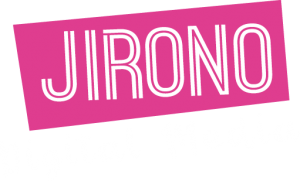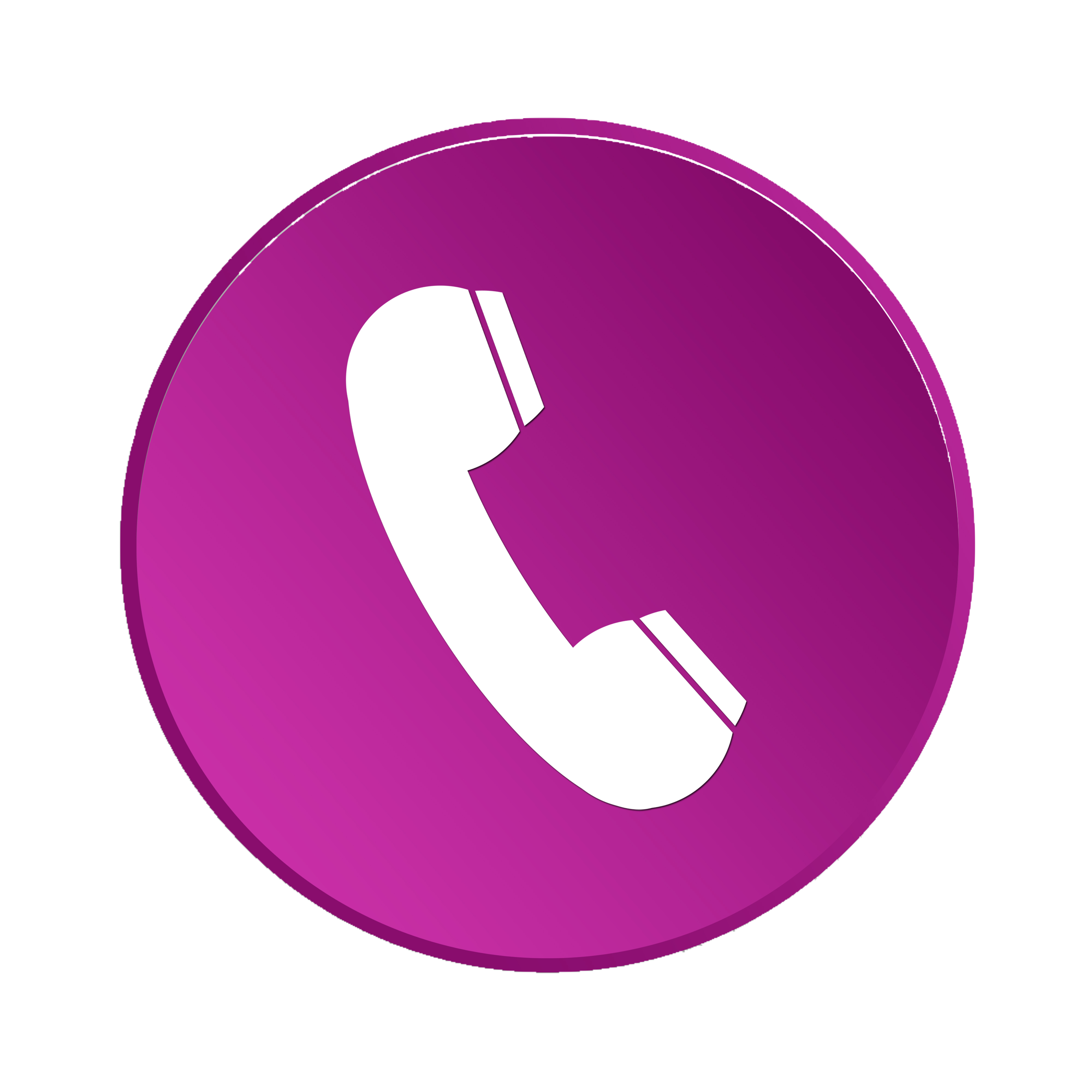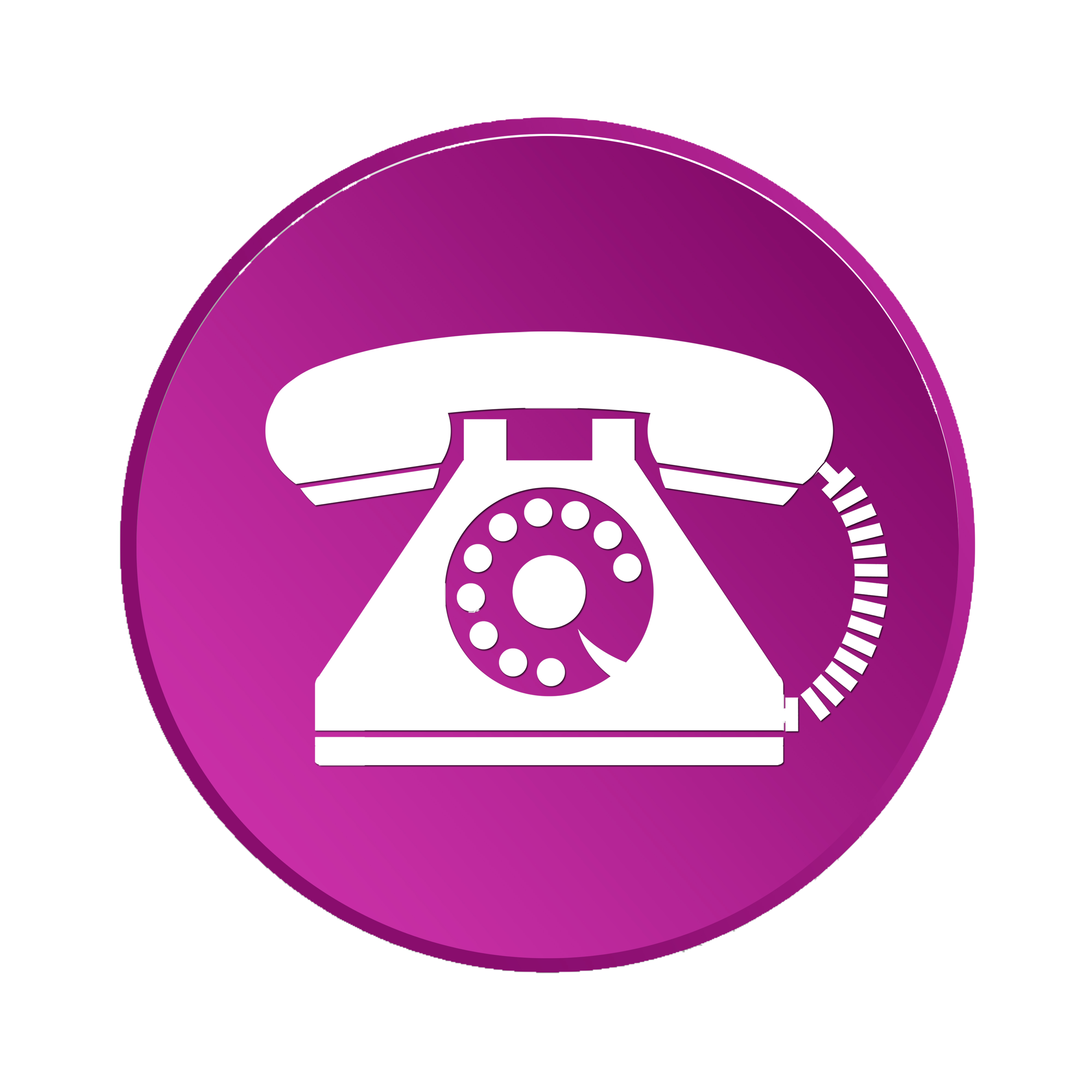Digital Business Card
The way we meet and communicate with others is rapidly evolving.
Perhaps the dark cloud of the COVID-19 pandemic accelerated this, but the technological advancements in ways to interact with customers, partners, and friends were ultimately inevitable. The year 2020 will be a milestone in human history, with remote work, virtual meetings, and events becoming the standard. Consequently, there arose a natural need for a virtual method to exchange contact information. In 2021, despite paper business cards having been around for centuries, the act of exchanging one piece of paper for another (and then tucking it away in a wallet, likely never to be seen again) quickly became outdated. In its place emerged the rising favorite: the digital business card.

What is a Digital Business Card?
A digital business card (also known as a virtual or electronic card) is an online means of sharing contact details. You can create digital business cards on iPhones, iPads, Android devices, or computers, and they often prove more cost-effective than their paper counterparts. Like traditional business cards, you can customize, design, and share electronic cards with anyone. Digital cards have no space constraints – you can add as much
information as you want. In addition to your standard contact details (like your name, company, email, and phone number), you can enrich your card with photos, videos, social media profiles, and more.
How Does a Digital Card Work?
Like your regular business card, a digital business card serves to share your contact details with partners, customers, friends, etc. You can also share your digital card via chat apps, post on your social media, attach it to your email or resume. During Zoom, Microsoft Teams, or Google Meet video calls, you can display your QR code, and everyone present can scan your code and instantly access your card. Even when face-to-face meetings resume, digital business cards will remain popular as they are germ-free and require no physical contact.

Advantages of Digital Business Cards:
Convenience:
As long as you have access to your phone or computer, your digital business cards are always with you. Since everything is digital, you never have to worry about running low on cards or needing to order more. Digital cards are especially flexible. Changed jobs, got a new phone number, or made a typo? With digital cards, you can edit your details at any time, ensuring they’re always up-to-date.
Environmentally Friendly:
Let’s face it – paper business cards aren’t the most eco-friendly way to exchange contact information. Did you know that over 90% of business cards are discarded within a week of receiving them? It’s time to think green! If everyone switched from paper to electronic cards, over
seven million trees would be saved annually.
Cost-Effective:
Digital business cards are typically cheaper than paper cards. No need to spend thousands annually on paper cards that are likely to be discarded almost immediately – save that money and reallocate it to another aspect of your business, like marketing.
Contactless:
With remote meetings and virtual events becoming the new norm, digital business cards have become an everyday component. They can be shared with anyone, anywhere – simply send the link via email, text, or social media. During virtual meetings, you can display your card’s QR code, allowing attendees to scan and instantly access your details. Even when in-person meetings resume, digital cards will remain due to their germ-free and contactless nature.
True Contact Retention:
When you receive a paper business card, what do you typically do with it? Most people tuck it into their wallet or purse, where it gets forgotten and, when rediscovered, is promptly discarded. When you share a digital business card, it goes directly to the recipient’s inbox, ensuring your new contact can integrate it (and you!) into their workflow. Digital cards make follow-ups easier and more efficient, potentially leading to stronger relationships.




